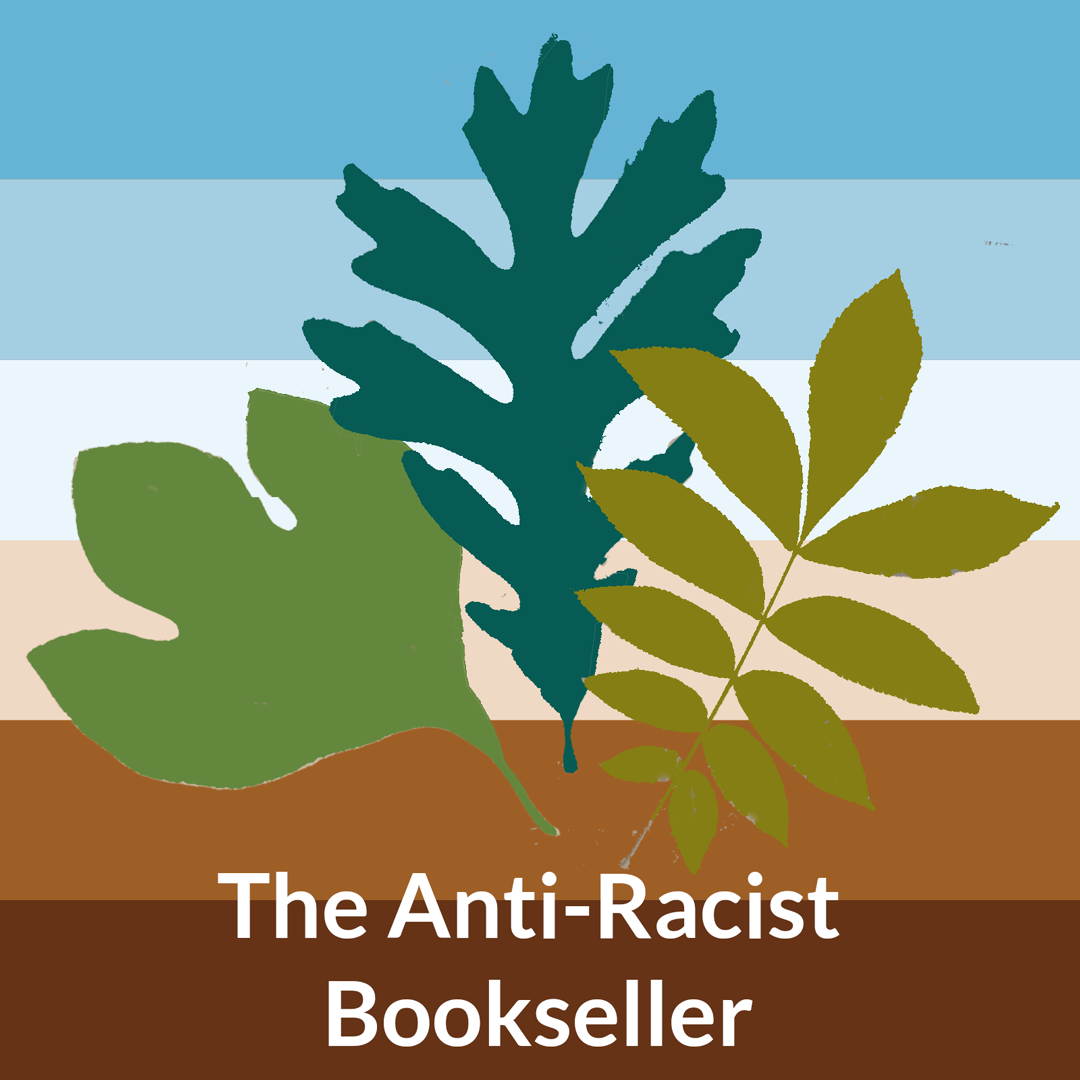 About Thanksgiving
About Thanksgiving
It's a major American holiday. It is a time weighted with family traditions and memories. It's a vitally important day on the retail calendar. And it is also a Day of Mourning for many Native Americans.
In fact, Thanksgiving is a holiday so overlaid with myth that its original significance has been all but lost. For example, the Puritans who landed in Plymouth were more likely to celebrate with fasting, rather than feasting.
How do retailers, heavily invested in Thanksgiving and post-Thanksgiving shopping excitement and sales, navigate between the idea of Thanksgiving they have always been used to, and the historical reality what colonial settlements meant
for the people who already lived there?
Sean Sherman, the author of The Sioux Chef's Indigenous Kitchen, remembers having Thanksgiving dinners with his grandparents.
"I remember the mingling smells of dishes cooking throughout the day as our moms and aunts crowded every kitchen surface preparing for the large offering. We had the staples, like roasted turkey; mashed potatoes and milk gravy;
sweet potatoes with marshmallows...Those were good memories."
Sherman acknowledges that many indigenous people refuse to celebrate Thanksgiving, but says he has not abandoned the holiday:
"We do not need the poisonous “pilgrims and Indians” narrative," he writes, "We do not need that illusion of past unity to actually unite people today. Instead, we can focus simply on values that apply to everybody:
togetherness, generosity and gratitude."
Togetherness. Generosity. Gratitude. Along with honesty and empathy, they make any day meaningful.
Anti-Racism Resources for Discussing Thanksgiving: